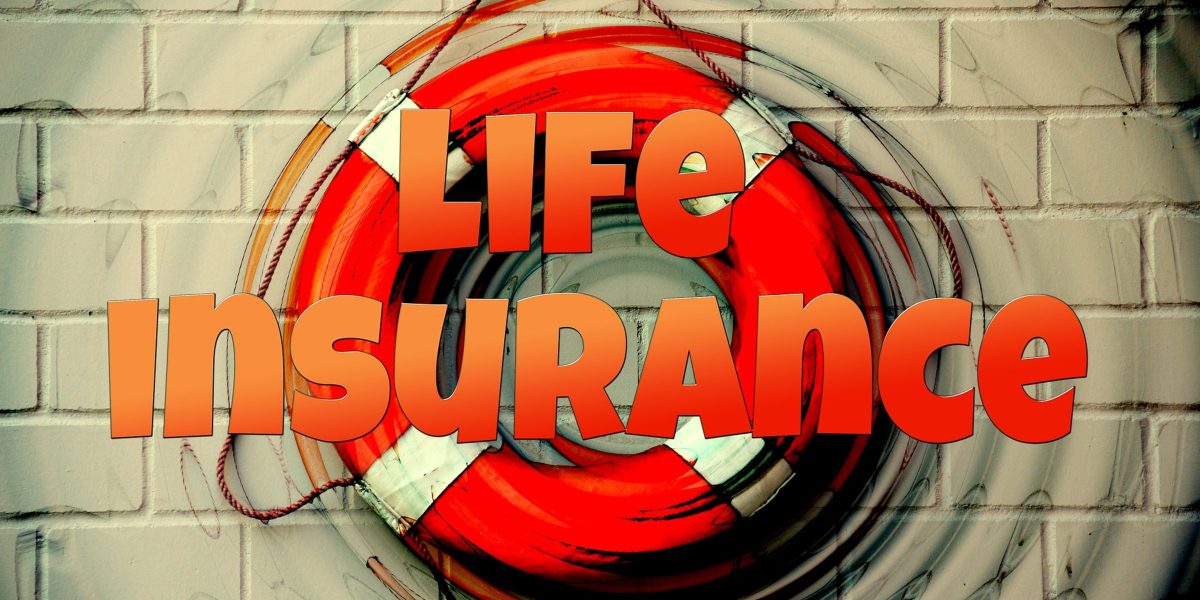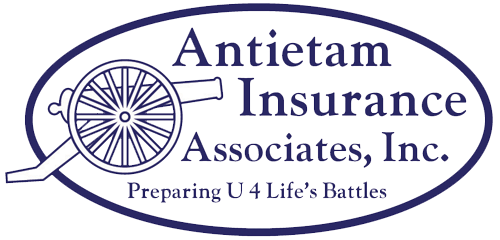
No one enjoys thinking about the end of their life. However, for the sake of those who depend on you, it is sometimes necessary.
In the event of your passing, a life insurance policy provides a payout for your chosen beneficiary or beneficiaries.
There are many different coverage options, which will change how much you pay into the policy and how much your beneficiaries will receive. Working with an insurance agent can help you discover exactly how much coverage you need.
Below, we’ve outlined the basic things that life insurance can cover in order to help you make the best decision for your family.
Everyday Bills & Expenses
One of the main functions of life insurance is to replace your earnings after you pass. The money can be used by everyday expenses, such as monthly bills, groceries, and other household essentials. This will help your family continue their standard of living without your income.
Co-Signed Debts
Paying off a debt can be difficult, but it’s even harder if you co-signed with someone for financial support, and that person is no longer able to contribute.
Any debts that you’ve co-signed can be paid off with the life insurance payout, including a mortgage, credit card debt, private student loans, auto loans, and more. This reduces the mental and financial stress on the people you leave behind.
Childcare & Education
If you are partially or fully responsible for the cost of childcare, the life insurance policy can help fill in that gap in your absence. For example, the policy can help your spouse afford childcare, as well as the cost of extracurricular activities, school supplies, and medical expenses for the child.
Furthermore, if you were planning on sending your child to college, the policy can help by continuing to fund the tuition. Keep in mind this coverage will increase the cost of your policy greatly.
End-of-Life Expenses
The death of a family member is unfortunately quite expensive. While your loved ones are grieving, the financial burden of your passing only makes their suffering worse.
That’s why another primary function of this insurance is to cover all the end of life expenses, such as funeral costs and body disposal costs.
This coverage is also known as Final Expense Insurance, which is a cheaper alternative to an entire life policy. If you feel this is all you need covered financially, this option might be for you.
Medical Care
A life insurance policy can also include end-of-life medical care if it includes Living Benefits. In this way, the policy can actually benefit you while you’re still alive.
If you’ve been diagnosed with a terminal illness, many companies also offer an Accelerated Death Benefit Rider. This gives you access to a part of your death benefit, which can help fund the medical care while you need it. However, taking out from this fund early means the total amount paid to your beneficiaries after your death will be reduced.
On the other hand, if the medical care could last a long while before your passing, a Long-Term Care insurance plan could be the better option for you.
Estate Planning
Estate planning involves hiring a specialized attorney to close out any remaining financial accounts in your name and officially report your death to the IRS. A life insurance policy can help afford this attorney, as well as alleviate the financial burden passed onto your descendants for any taxes left unpaid at the time of your death.
Financial Gifts
While the primary functions of a life insurance policy focus on the practical needs of your family, there is also room for the sentimental usage of these funds. For example, if you want to leave a legacy, this money can be used as a gift for your spouse, children, friends, employees, church, or charity.
To do this, you will need to buy the appropriate amount of coverage in order to pay for the basics first (bills, taxes, funeral costs, etc.) and still have some left over.
Exceptions
Depending on your exact policy, there may be some instances in which your loved ones will not receive full compensation. These exceptions might include:
- Cause of death: Many policies have a clause that states if the policy holder dies by suicide within the first two years of obtaining the policy, the beneficiaries will not receive a payout. Furthermore, if the beneficiary committed homicide against you, they will not receive a payout. This is intended to reduce unnecessary deaths fueled by financial motives.
- Risky hobbies: If you have a risky hobby, you may choose to have this cause of death excluded for your policy. For example, if you enjoy skydiving, you can receive a cheaper premium if you exclude death by skydiving. In the event that you do, in fact, die while skydiving, your beneficiaries will not receive a payout.
- Lapses in coverage: The policy must be active at the time of your passing. If your policy is expired or it has lapsed because you’ve failed to pay your premium, the death benefit will be invalid.
- Fraud: Finally, if you lie on your life insurance application, this can result in the insurance company denying or reducing the payout.
Individual Life Insurance Plans in MD, VA, PA & WV
Navigating the world of personal insurance can be confusing, but it doesn’t have to be. Here at Antietam Insurance, our experienced agents work hard to find affordable and comprehensive solutions for our clients. As an independent agency, our focus is you, not the major corporations.
